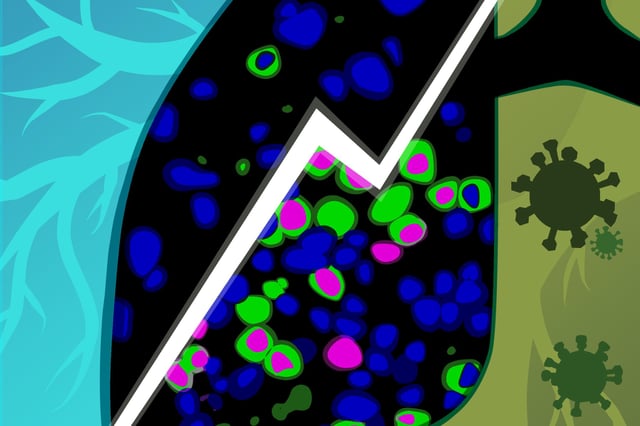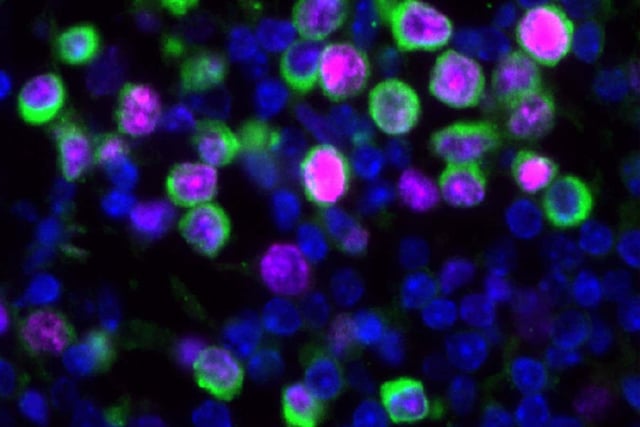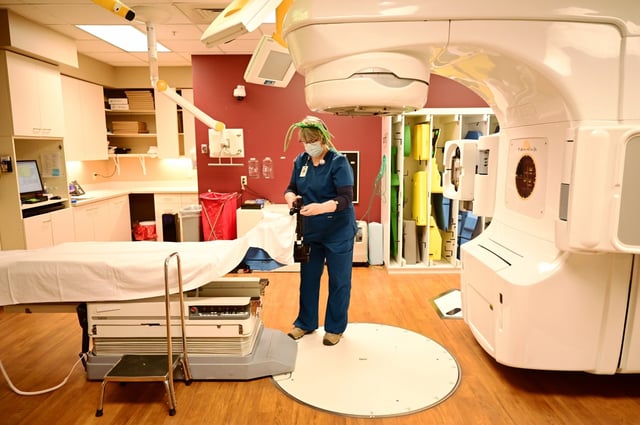Overview
- The July 30 Nature paper integrates mouse experiments with analyses of UK Biobank and Flatiron Health data to show SARS-CoV-2 and influenza trigger dormant breast cancer cells in the lungs to proliferate
- Molecular work identifies interleukin-6 as the key inflammatory signal driving cancer cell awakening, followed by the formation of CD4+ T-cell niches that suppress CD8+ cell–mediated clearance
- UK Biobank data reveal an almost twofold increase in cancer mortality among survivors after COVID-19, while Flatiron Health records a 1.44-fold higher hazard of metastatic lung disease in breast cancer patients post-infection
- Authors caution that species differences may limit the direct translation of mouse findings to humans and call for expanded clinical validation, including studies of vaccination impact
- Researchers advise that breast cancer survivors discuss respiratory virus precautions with clinicians and support the exploration of IL-6–targeted therapies



